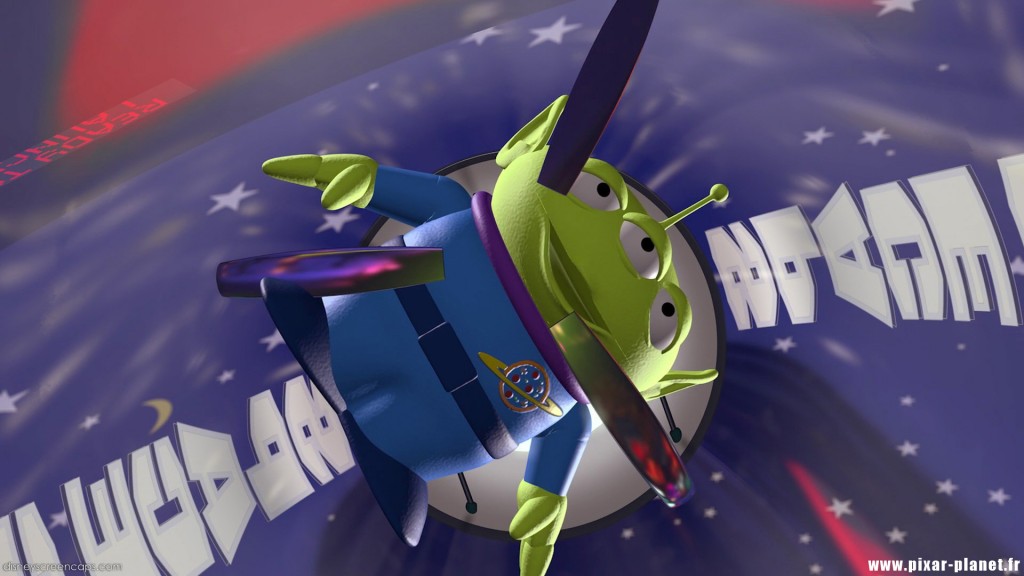 [twitter]I was asked to sit on a panel at the Dad 2.0 Summit in New Orleans. Based on my history of poking the box with provocative pieces, my panel was about dealing with the blowback that often comes with going viral. Here’s how my panel was described followed by some notes I prepared before our presentation.
[twitter]I was asked to sit on a panel at the Dad 2.0 Summit in New Orleans. Based on my history of poking the box with provocative pieces, my panel was about dealing with the blowback that often comes with going viral. Here’s how my panel was described followed by some notes I prepared before our presentation.
The Politics of Provocation: Courting Controversy and Riding the Fallout
In a culture that equates audacity with renown, it’s tempting to assume that in order to be heard above the noise, you have to be outrageous. Boldly speaking your mind can make you a traffic darling, but it can also make you the target of intense, adverse opinion. Our panelists don’t shy away from outsized attitudes, and they’ll share their secrets for speaking strongly and remaining steadfast in a storm.
Saying or doing something outrageous is an easy way to get someone’s attention. Rush Limbaugh, Anne Coulter, and Miley Cyrus all know exactly how to manipulate the media with their outlandish opinions and behaviour.
It’s a strategy I’ve employed in getting myself noticed with my blogs. I write frankly, openly, and when I have an opinion that may go against the grain, I’m steadfast in how I present it and then back it up.
GOING VIRAL THAT FIRST TIME
In the fall of 2012 my name was blasted in headlines around the world for having a favorite child. This was not a calculated ploy at getting attention, it was a truly honest opinion and the piece came from my heart.
My choosing Zacharie as my favorite is not about ‘playing favorites,’ or ‘preferential treatment’ when I’m parenting. I don’t let Zacharie get away with anything because he’s my first pick, I just .. y’know .. like him better.
I’ve admitted that while I loved my sons the minute they were born, I didn’t really fall in love with them until they could do stuff. This is the video from the exact moment I fell in love with Zacharie. We were running and laughing and just being silly in a park. He was 26 months old.
The piece was picked up the Globe and Mail, then the Huffington Post, then Good Morning America, and soon it went everywhere from The Lorraine Show in the UK to Australia Women’s Weekly and everywhere in between.
With a strong (and many called unspeakable) opinion as this, the conversation was heated. I was told my children would need therapy, I was an unfit parent, and that my kids would kill themselves over the stress of the situation one day.
It was pretty nasty. The pressure was immense, and just as the bomb exploded, my wife told me to put a stop to it. Within 24 hours of the article going viral, I stopped doing interviews.
It took a few days before the stress went away and I could look at things less emotionally. Eventually I realized the only opinion that mattered was the opinion of the people who know me, not the words on the screen. True family and friends is all that matters.
It was then that I saw writing strongly from the heart could be used as a traffic tool.
TROLLING THE TROLLS
I purposely have tried to bait the hook with my headlines, opinions, and articles to get the traffic and traction again. I call it being provocative, some might call it trolling by writing link bait, but I can tell you this – I believe everything I write, it’s just that I sometimes try to frame it in a controversial nature to perk eyebrows and draw an audience in. Those things that people best not speak about at parties, religion, politics, parenting, are all fair game for me when I sit down to write.
You need to create an emotion in your reader to matter. You need to spark something inside them to make them want to click, and come back, Look at Howard Stern. There’s a famous part in Private Parts where the management wanted to fire him because of all the complaints. Then they discovered the people who hated him listened longer than the people who loved him. Howard won. He created an emotion in his audience, he had made a connection.
So when I craft a piece, I try to strongly pick a side to immediately draw the audience. There are also some topics I have specifically chosen for their controversial nature and how they resonate with fundamentalist audience who like to come to blogs and pick a fight.
I don’t get into that fight, but I’ll take the traffic all day long.

Image via Pixar Planet
HOW TO PREPARE BEFORE YOU GO VIRAL
Bloggers are like the little green aliens in Toy Story. We are all jumbled together in a big bowl and every now and again the claw comes over and singles one of us out. You never know when that linchpin share will come to take your post from 10 pages views to 10 thousand. So you have to be ready.
If you have something gain traction because it’s Upworthy or trollable, it doesn’t matter – you need to be prepared. You never know when that one piece is going to ricochet off into the stratosphere of page views, so you need to have your site ready to capture and take advantage of the traffic when it comes. These people will likely be coming to you for the first time, give them reason to check out the place and come back again.
Make sure your site is clean. Make sure you’ve got your Adsense up and running in good places where they can get clicked. Put a place for people to subscribe to your site front and center. Have related posts linked off each article.
And, if you can, go viral because of a video.
I had a video last year grab 3+ million views. It made me $7000 in YouTube revenue sharing. The stress and angst the favorite kid post had brought me a grand total of nada. The month the post was published on Babble I didn’t even hit bonus in traffic for my team.
When you go viral for content, it’s easy for people to blockquote you and write about you and there’s no need for the readers to come back to your site. If, however, you go viral for video, the video IS the content people want to see. Bloggers will embed that video and with it, your ads from YouTube.
Writing sensational copy can bring a few clicks, creating sensational video can bring you some dollars.
THE SIDE EFFECTS
But this link bait can have side effects. When you speak your mind you are branding yourself as controversial. Sure, it can bring some clicks, but will it bring brands? Will it bring engagement from companies that want to take advantage of your traffic?
This is the dance I dance.
Miley Cyrus was everywhere with her twerking nonsense at the end of last year and it did bring a short term spike to her sales, but what did it to for the long term value of her brand?
Smilers! My VMA performance had 306.000 tweets per minute. That’s more than the blackout or Superbowl! #fact.
— Miley Ray Cyrus (@MileyCyrus) August 26, 2013
Well, it changed her branding, that’s for sure. She’s no longer Hannah Montana, she’s Miley. But branding experts agree the short term attention for being sensational won’t necessarily translate to a long tail benefit. You can see how quickly she has peaked and popped on the pop radar since the VMA performance last summer.

Image via SourceFed
IS CONTROVERSY GOOD FOR BUSINESS?
The answer to this question depends on what you want you want. Controversy could be great for traffic and revenue, but it might hamper your efforts at brand relationships.
I am not shy in my opinions on Twitter, but in the advice of a friend I’ve tried to tone it down. I still share opinions and engage in topical debates, but I am trying to direct them into conversations instead of a bold headline to my entire list of followers.
When I called out P&G for their exclusion of Dads in a recent Olympic marketing campaign, my colleague cautioned me from prodding them too hard. Brands are afraid of working with strong, aggressive voices, it seems. Yes, they want influence, and traction, and audience, but they want it to come from a safe place.
As a writer, I still want to be provocative with the pieces I write, but I’m trying to be less sensational with my click bait. Keeping to interesting, conversation starters without the bravado.
Here’s how Jonah Berger explains what controversy can do for business.
When it comes to sales, the effect of controversy depends a lot on the type of brand being discussed. Mountain Dew wants people to think they’re edgy. Competing for cool kid on the block with the likes of Red Bull and Monster Energy is tough, so they need to do something to stand out. For them, having a moderately controversial ad isn’t a terrible idea. It gets people talking, and the brand gets to play both sides. They can publicly apologize and pull the ad, appealing to their tamer customers, but the ad lives on in perpetuity online, so their teen fans can still find it. And the fact that the ad was pulled suddenly makes it seem even cooler.
For brands like JC Penney, the downsides of controversy may outweigh the benefits. JC Penney isn’t looking to be edgy. The brand wants to seem mainstream and middle-of-the-road. So while moderate controversy might get the brand some free press, it’s not clear that press is what they want in the long run. Anthony Weiner faces similar problems. He may have good ideas, but if people don’t feel like they can trust him, it’ll be hard for him to win.
Controversy, then, is the proverbial double-edged sword. While a little garners attention, too much can hurt, and it may not be the type of attention most people or brands want.
TL;DR
I don’t want to be middle of the road, I don’t want to be extreme, but I do want to be noticed. It’s a delicate balancing act. Poke the box and you can get some traffic, but be careful, because there is a bear in there and the bear has claws.![]()

Pingback: Dad 2.Opinion: Recaps of Dad 2.014